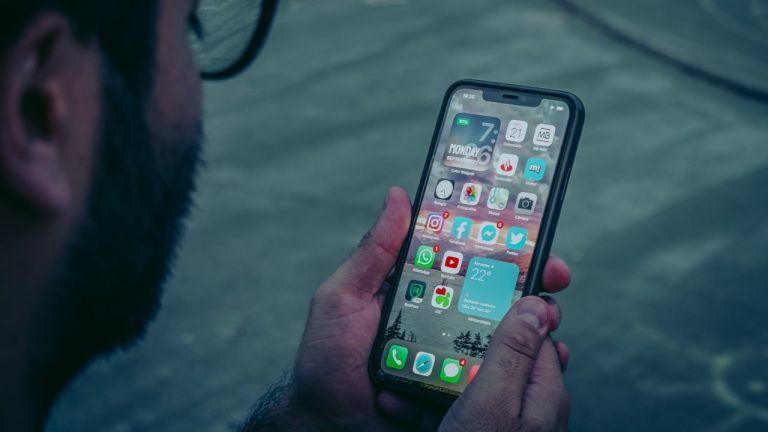Apple recently released their new Journal App on the iPhone and iPad, in this guide we will show you how you can easily protect the app with Face ID, Touch ID or by using a passcode. Are you seeking an effective way to safeguard your personal reflections and memories in the Journal App on your iPhone? You will be pleased to know that enhancing your privacy has now become more straightforward and secure, thanks to the integration of Face ID and Touch ID features. This article guides you through the process, ensuring your diary-like entries remain private and accessible only to you. The video below from iPhone Quick Tips shows us what we need to do to secure the app on the iPhone.
Step-by-Step Guide to Securing Your Journal App:
- Initiate the Process: Begin by opening the Settings app on your iPhone. This is where your journey to enhanced security starts.
- Locate the Journal App Settings: As you scroll through the settings menu, look for the Journal App’s specific settings. This is where you’ll make the crucial changes to bolster your app’s privacy.
- Opt for Enhanced Security: Within the Journal App settings, you’ll find an option to lock the app. Selecting this adds a robust layer of security.
- Set a Personal PIN Code: For an added layer of security, setting up a PIN code is a wise move. This code acts as a backup in case biometric authentication fails or is unavailable.
- Choose Your Preferred Biometric Lock: This is where the magic happens. Choose to secure your Journal with either Face ID or Touch ID. This choice personalizes your security, ensuring only you can access the app.
- Customize Auto-Lock Timing: Flexibility is key, and hence, configuring the auto-lock timing according to your preference is crucial. You can set the app to lock immediately after you exit or after a specific duration.
This feature stands as a significant advancement in the realm of digital privacy. It brings peace of mind to users who consider their digital journal as personal and private as a traditional diary. Biometric authentication, through either Face ID or Touch ID, offers a secure and convenient way to keep your reflections and memories private.
The Importance of Biometric Security:
In a world where digital security is paramount, biometric authentication offers a reliable and user-friendly solution. The Journal App’s integration of this technology underscores its commitment to user privacy. With biometric locks, the chances of unauthorized access are drastically reduced, providing a safe haven for your personal entries.
Embracing User-Friendly Security:
If you are wondering how this new feature affects your daily use of the Journal App, rest assured, the integration is seamless. The app remains as user-friendly as ever, with the added benefit of enhanced security. This implementation strikes a balance between robust protection and ease of use, ensuring you enjoy the best of both worlds.
Technical Yet Accessible:
While the technology behind this feature is advanced, its implementation is designed for ease of use. You don’t need to be a tech expert to navigate these settings. The process is intuitive, catering to a wide range of users, from tech-savvy individuals to those who prefer simplicity.
Secure Your Digital Diary:
In an era where digital privacy is a growing concern, securing your personal Journal App with Face ID or Touch ID is a wise decision. It assures that your private thoughts and memories remain just that – private. This feature is more than a security measure; it’s a commitment to safeguarding your digital diary.
Source iPhone Quick Tips
Image Credit: Miguel Tomás
Filed Under: Apple, Apple iPhone, Guides
Latest timeswonderful Deals
Disclosure: Some of our articles include affiliate links. If you buy something through one of these links, timeswonderful may earn an affiliate commission. Learn about our Disclosure Policy.

